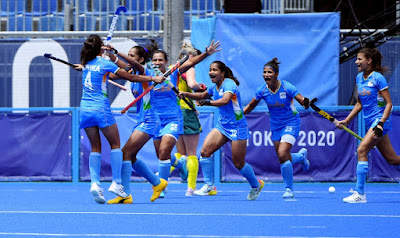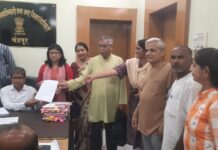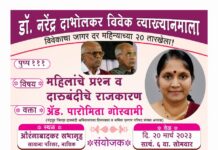
The women who represented India in the Tokyo Olympics did the country proud. Mirabai Chanu lifted the Silver medal at the start of the game and lifted our spirits as well. P.V. Sindhu, Lovlina Borgohain, Kamalpreet Kaur, Deepika Kumari, and the entire hockey team led by Rani Ramphal – they all deserve a big thank you.
Why does India do badly in Olympics?
The personal stories of these women show that their first step towards Olympics glory came through the support of parents and communities who helped to keep their dreams alive. It was Kuldeep Singh’s small farming income that created a Kamalpreet and Savitri Devi’s decision to remove her youngest daughter from an toxic family environment that created a Neha Goyal. And it is not for nothing that Mirabai Chanu is thanking all thetruck drivers who gave her lifts from her village to Imphal which enabled her to train – in a way those sand truck drivers contributed to the creation of Mirabai Chanu.
The initial family support has to be followed up with good coaches and academies and their numbers need to increase across the country. Many strong players fall behind simply because they do not have the basic information about how to go about getting the kind of training they need. Deepika Kumari is really a representative of many rural children who have a great aim while targeting mangoes, but they all need someone to show the road to the archery academy and that crucial link is missing.We do have krida adhikaris sports officers at the district and block levels, but they don’t seem to be doing enough to reach out to the kids in villages and towns who may have great potential in them.
Maharashtra was the first State in India to announce a Sports Policy in 1996 and the most recent Third Sports Policy announced in 2012 was aimed at supporting sportspersons in international games. Inspite of this Maharashtra has failed to provide Olympic stars which other States like Punjab, Haryana, Manipur, Assam have managed to do. Perhaps it is Maharashtra’s fascination with cricket – which essentially remains an urban men’s game with a distinctly upper-classwhiff – that comes in the way of promoting other games and players. It is time to take a page from the books of those States who seem to be getting it right.
– Paromita Goswami



